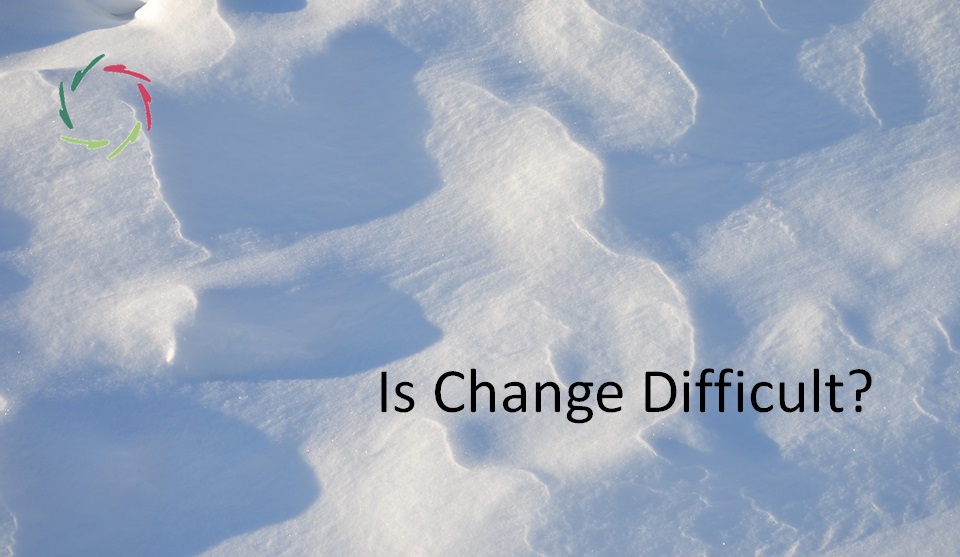Respecting Bad Memories

Bad memories are meaningful to you. That is why something touched you and is still present in you. Respecting your memories is respecting you, also in your imagination.
About Posttraumatic Stress, [see: “PTSD: a groovy kind of stress“].
You can go to your memory with a Compassionate stance.
That is, you don’t want to hurt anyone through this. You would hurt yourself foremost in any case. Compassion means respecting everyone, at least in-depth, what is deep inside you or anyone else.
This way, a bad memory can teach you much about yourself. Why did it profoundly touch you? Maybe it touched you more than it would another person?
Also, how did it affect you or still can affect you in the future?
Respecting bad memories can be especially interesting.
Why is a particular memory meaningful to you?
It is a pattern that accords with your mental patterns. It is like a key in one or more of your doors. This key can open doors.
How can this be challenging to you in a way that may hurt you (more and more) profoundly?
On the other side, is it necessarily bad for you? Are there opportunities in this? Can you grow through this entering of doors inside you? Can it make you a better person?
You are a bit like the valiant dragon slayer who confronts the beast.
But from here on, it becomes different from the easy myths. You don’t kill the beast, preferably. You communicate. For this, you need to be braver than your killing colleagues, the dragon slayers. You look the creature in the eyes, fearlessly.
Can you imagine this now, without thinking concretely about the bad memory itself, but only about this mythical landscape?
Knowing, meanwhile, that the beast symbolizes your memory.
Let it come to you without your trying to influence this all too much. Just let it spontaneously unfold. Within this imagination, be sure that you are valiant enough to look the beast in the eyes.
The dragon represents your bad memory.
If you don’t take care, it overtakes you. This is a dangerous place, but if you handle it well, it’s OK. You can trust it. You can have faith. You can be courageous.
You can be a valiant knight ― male or female.
Do you see yourself?
And if you go deeper, do you still see yourself?
It is possible that you feel this experience in your whole body. The experience is in you, and at the same time, you are in this memory, which is, as a whole, this experience.
The dragon is you. Everything is you.
Perhaps even the lady in distress, if she happens to be there.
Respect everything and everyone.
Also your most challenging memories.


